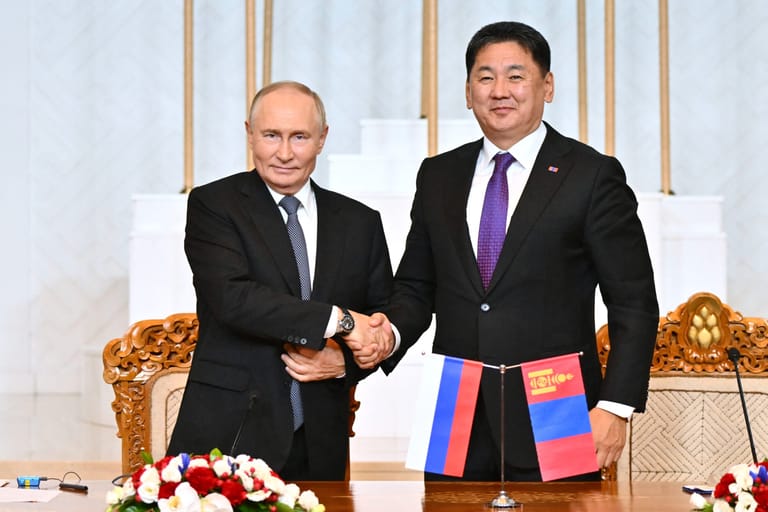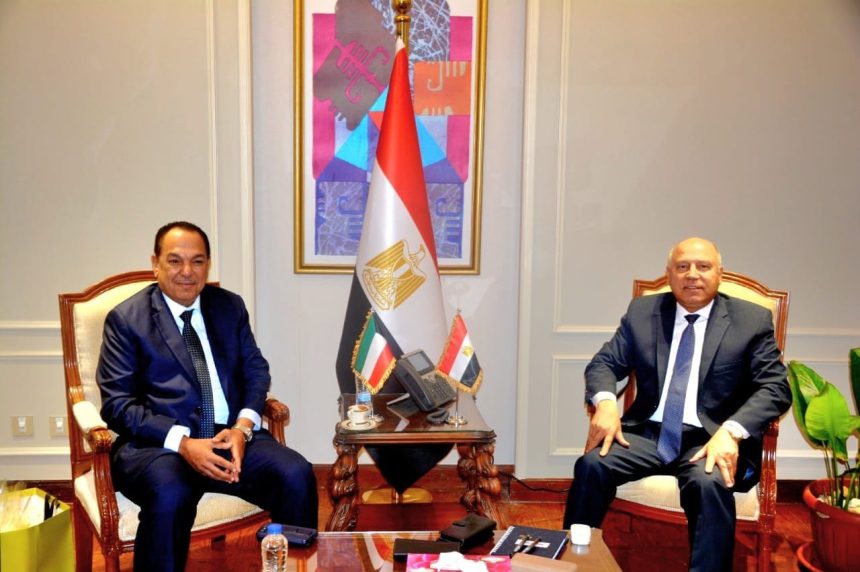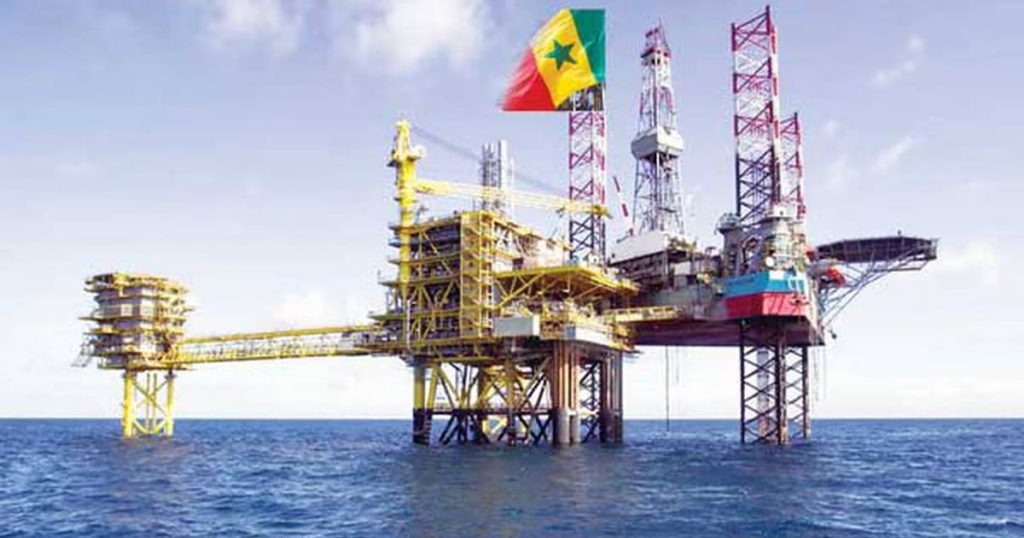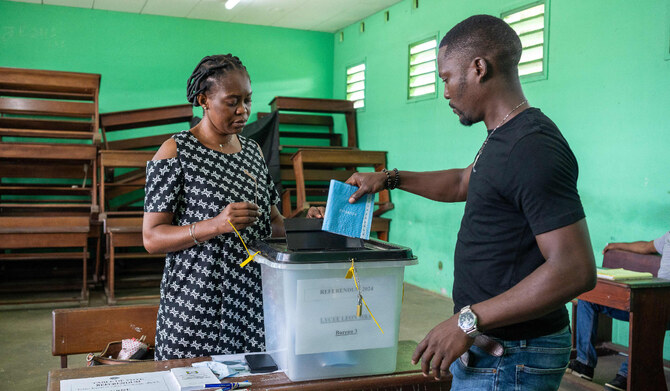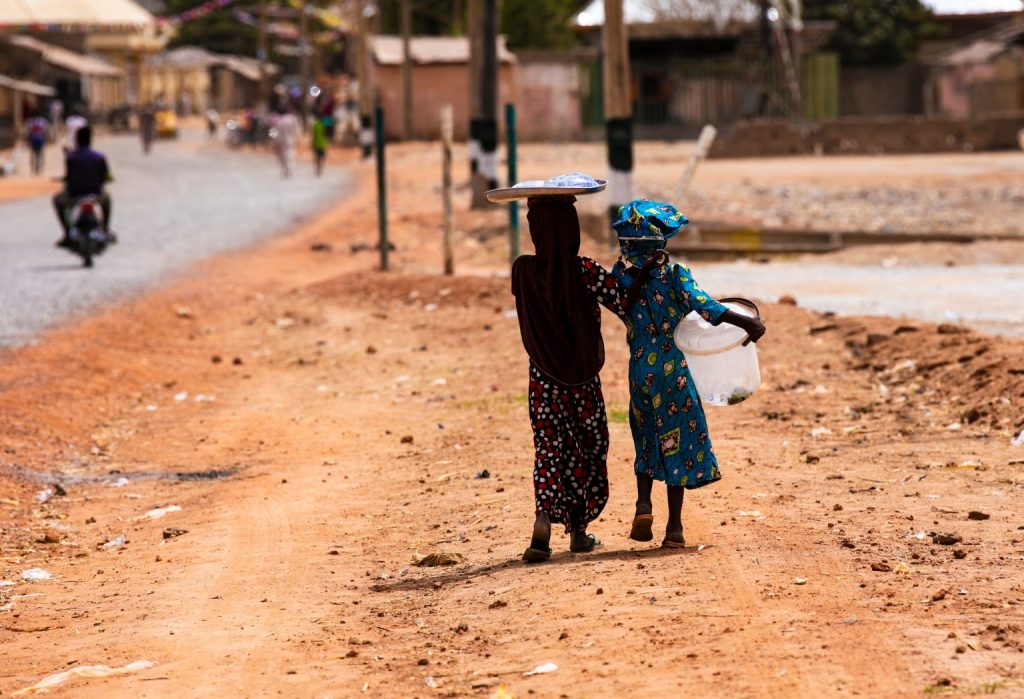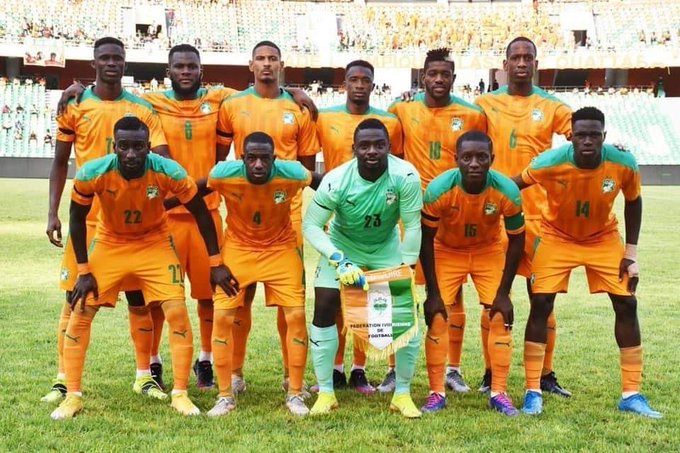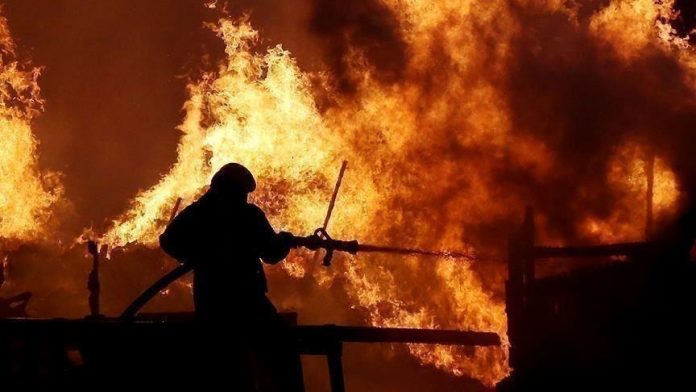Mongolia has confirmed its refusal to detain Russian President Vladimir Putin despite and International Criminal Court (ICC) warrant for alleged war crimes, citing the nation’s neutrality policy and significant energy reliance on its neighbours.Mongolia has confirmed its refusal to detain Russian President Vladimir Putin despite and International Criminal Court (ICC) warrant for alleged war crimes, citing the nation’s neutrality policy and significant energy reliance on its neighbours.
In a statement to Politico EU, a Mongolian government spokesperson explained that the country imports 95% of its petroleum products and over 20% of its electricity from neighboring states, making energy security critical for its populace. In line with failure to arrst Putin, the spokesperson emphasized that Mongolia has always upheld a neutrality stance in diplomatic relations.
This neutrality stance represents a strategic asset for Mongolia, Not arresting Putin provided a competive inteligence for Mongolia in maintaing a balance its diplomatic ties and safeguarding its interest.
While Mongolia is a signatory of the Rome Statute and joined the ICC in 2002, it faced no legal penalties for its decision, as the ICC lacks enforcement power. Russia, for its part, dismissed the ICC’s warrant as invalid, arguing that their actions to evacuate civilians were justified and not a criminal act. The ICC, alongside Ukraine and the European Union, had urged Ulaanbaatar to arrest Putin during his recent visit.
During the visit, which came after an invitation from Mongolian President Ukhnaagiin Khurelsukh, Putin discussed the strategic partnership between the two nations and extended an invitation for the mongolian leader to attend the upcoming BRICS summit in Russia.


